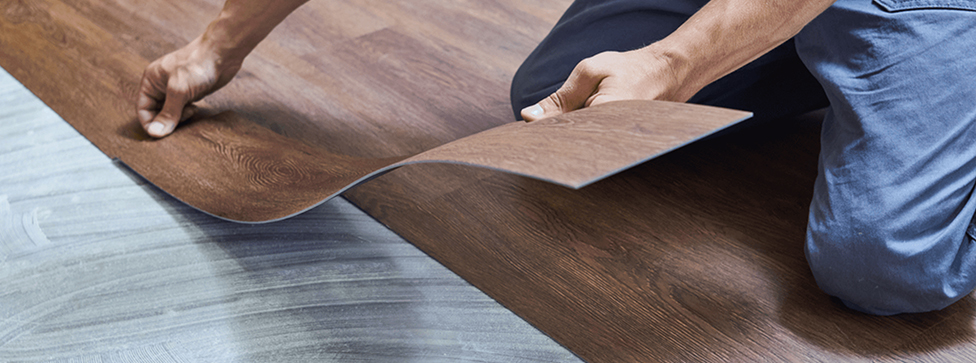Click here to find BrandHaul's Partners near you
Click NowAdvantages and Disadvantages of Vinyl Flooring
Vinyl flooring has gained immense popularity in residential and commercial spaces due to its affordability, durability, and versatility. However, like any flooring option, it has its pros and cons. Let’s explore both sides to help you make an informed decision. Advantages of Vinyl Flooring Disadvantages of Vinyl Flooring Final Verdict: Is Vinyl Flooring Right for… Continue reading Advantages and Disadvantages of Vinyl Flooring

Vinyl flooring has gained immense popularity in residential and commercial spaces due to its affordability, durability, and versatility. However, like any flooring option, it has its pros and cons. Let’s explore both sides to help you make an informed decision.
Advantages of Vinyl Flooring
- Durability & Longevity
Vinyl flooring is highly durable and resistant to scratches, stains, and moisture, making it ideal for high-traffic areas like kitchens, hallways, and commercial spaces. With proper maintenance, it can last 10–20 years. - Water & Moisture Resistance
Unlike hardwood or laminate, vinyl flooring is waterproof, making it a great option for bathrooms, kitchens, and basements where moisture is a concern. - Easy Maintenance & Cleaning
Vinyl floors are effortless to clean—regular sweeping, vacuuming, or mopping is enough to keep them looking new. Unlike carpet, they don’t trap dust or allergens. - Comfort & Noise Reduction
Vinyl has a softer underfoot feel compared to tile or hardwood. It also offers better sound absorption, making it quieter—an advantage for apartments and office spaces. - Wide Range of Styles & Designs
Vinyl flooring comes in realistic wood, stone, and tile finishes, offering an aesthetic appeal at a fraction of the cost of natural materials. It’s available in sheets, tiles, and planks for various design needs. - Budget-Friendly
Vinyl is one of the most affordable flooring options, providing a luxurious look without breaking the bank. Installation costs are also lower compared to hardwood or ceramic tiles. - Easy Installation
Many vinyl flooring options come with a click-lock or peel-and-stick system, allowing for quick and hassle-free installation—perfect for DIY enthusiasts.
Disadvantages of Vinyl Flooring
- Susceptible to Damage from Sharp Objects
While vinyl is durable, it can still be punctured or scratched by sharp furniture legs, heavy appliances, or pet claws. - Not as Eco-Friendly
Vinyl flooring is made from PVC (polyvinyl chloride), a synthetic material that is not biodegradable. Some low-quality vinyl products may also release VOCs (volatile organic compounds), impacting indoor air quality. - Difficult to Repair
Unlike hardwood or tile, vinyl flooring cannot be refinished. If a section gets damaged, it must be replaced entirely, which can be challenging for sheet vinyl. - Can Fade Over Time
Direct exposure to UV rays can cause vinyl flooring to fade over time. It’s best to use curtains or blinds in areas with excessive sunlight. - May Feel Less Luxurious
While vinyl mimics the appearance of natural materials, it doesn’t always provide the same premium feel as real hardwood, marble, or stone.
Final Verdict: Is Vinyl Flooring Right for You?
Vinyl flooring is an excellent choice for affordability, durability, and easy maintenance, especially in moisture-prone areas. However, it may not be the best option for those seeking an eco-friendly or high-end luxury feel. Consider your specific needs, budget, and lifestyle before making a decision!
Would you like recommendations on the best types of vinyl flooring for your space? Let us jnow in the comments.








Leave a reply